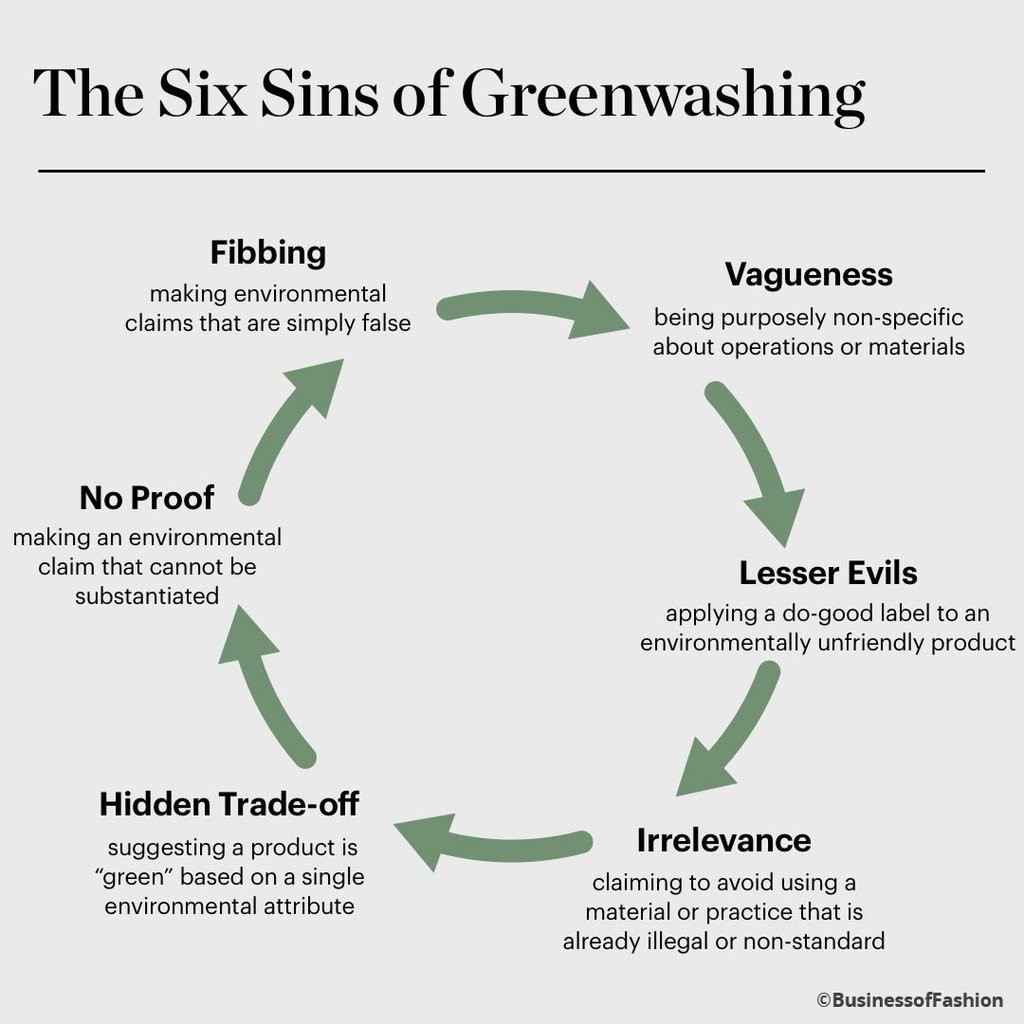The Green Recovery and Green Washing Conundrum: Where Lies Your Business?
The world, prior to the outbreak of the Covid 19 pandemic, was and still is bombarded with grave consequences of climate change. Both state and non- state actors have adopted transformative and innovative interventions to enhance climate change mitigation and adaptation.
In 1992, the United Nations created the United Nations Framework Convention on Climate Change (UNFCC) to serve as the main forum for international action on climate change. The efforts have led to the creation of new markets especially in the fields of clean energy technologies among other greenhouse emissions reduction technologies. Unfortunately, the outbreak of the Covid 19 pandemic suspended global and domestic efforts toward climate change solutions, as resources needed to be rechanneled to addressing the pandemic.
The pandemic has brought about an unprecedent global economic recession. The lockdowns and the shutting of borders discouraged trade and disrupted market forces. Due to this, there are calls on states and businesses to build back their economies and businesses respectively on the back of environmental sustainability. This has propagated the concept of Green Recovery.
Green recovery is the phenomenon of integrating environmental sustainability and inclusiveness into the recovery and stimulus measures in a mutually beneficial manner, allowing both governments and businesses to meet environmental goals while boosting economic and business activity.
This has proven to be the surest way of building back robust and resilient economies and businesses.
Covid 19 has led to the permanent closure of some businesses several others shut down temporarily during the lockdown. Those that were able to bounce back saw a massive drop in sales. The closure of half of firms indicated that reduced cost of credit is the most useful support in making the firm to sell goods or services across the continent. The manufacturing sector, the real estate sector and the financial sector were the most hit sectors of the economy. According to a survey conducted by the Ghana Statistical Service on the impact of Covid on firms, although there have been some improvements in the business activities, Ghanaian businesses are still faced with the repercussions of the pandemic.
The government of Ghana in July, 2020 adopted the National Adaptation Planning (NAP) with the aim of mitigating the negative impacts of climate change as part of its COVID 19 recovery plan. The NAP is expected to enhance the resilience of all sectors of the economy particularly the Agricultural sector. Again, the government, as part of the Coronavirus Alleviation Programme, sought to reduce the immediate impact of Covid on businesses. Some economic stimulus measures such as lowering reserve requirements for lenders from 10% to 8% were implemented to reduce the liquidity burdens of businesses. All these measures and programs were to ensure that businesses build back better and sustainably.
In the short- run, the green stimulus programs and policies are expected to support businesses in building resilience and the muscles to withstand as well as managing financial shocks. The long term aims for these policies and programs are; to boost the confidence of both consumers and producers, strengthen and sustain supply and value chains and finally, support businesses to adapt to the new reality by leveraging on existing technologies and innovations.
Although government support may be inadequate, businesses have the responsibility to align its missions and activities to the tenets of green recovery and growth. It is imperative that businesses make conscientious efforts to build business operations and models with environmental sustainability and inclusiveness at the core. The production process of a business, right from the sourcing of raw materials to the end product should be conducted in a manner that does not compromise global efforts towards addressing climate change.
 It is quite unfortunate that the situation arising from green recovery has led to the indulgence of businesses in green washing. There is the fear of green washing in major recovery plans. In recent times, there have been several reports of brands both international and domestic who have identified themselves on the falsehood of being sustainable and inclusive. This has raised several doubts over the compliance with the recovery plan’s climate friendly objectives. Green washing is a canker that mars all efforts to promote sustainability and inclusiveness.
It is quite unfortunate that the situation arising from green recovery has led to the indulgence of businesses in green washing. There is the fear of green washing in major recovery plans. In recent times, there have been several reports of brands both international and domestic who have identified themselves on the falsehood of being sustainable and inclusive. This has raised several doubts over the compliance with the recovery plan’s climate friendly objectives. Green washing is a canker that mars all efforts to promote sustainability and inclusiveness.
The Business of Fashion Limited categorizes the ways by which businesses commit the crime of greenwashing into six key components: fibbing, vagueness, lesser evils, irrelevance, hidden trade- off and no proof. See the infographic below for more details on these.
There are several ways and mechanisms that businesses can put in place to cleanse themselves from these six sins of greenwashing.
First and foremost, a business should conduct regular environmental impact and dependency assessments. It is through such an assessment that businesses can gain the knowledge needed for them to understand the complexities of environmental issues. Also, it enables businesses to understand their supply and value chains. The assessment aids in the valuing of natural capital in a business operation thus, leading to the making of business decisions that promotes sound environmental and economic benefits.
Again, formulating and implementing an environmental policy is a means by which a business can avoid the greenwashing trap. The environmental policy sets out the framework that guides a business’ effort towards environmental sustainability. It can boost the business’ commitment to ensuring that its operations are friendly to the environment. It is worth noting that measuring and evaluating such a policy is crucial to its effectiveness. A broader set of indicators on the various dimensions of the environmental issues are very necessary.
Moreover, commitment to sustainability reporting is a major cleanser for the six sins of greenwashing. Sustainability reporting simply refers to the disclosure of environmental, social and governance (ESG) goals and progress towards them as a means of internalizing sustainability. An honest sustainability reporting boosts a business’ image and improves its the risk management. The business is able to identify gaps and the best strategies.
Let’s bear in mind that there is a very thin between green recovery and greenwashing. A business should make conscious efforts in aligning its activities and investments with both domestic and international green recovery objectives and targets. The pandemic has brought about an unprecedent global economic recession and the only way businesses can build back better is by making environmental sustainability a core component of its operations.
Authored by: Mina Pokuaa Agyemang
Corporate Engagement Officer
A Rocha Ghana



